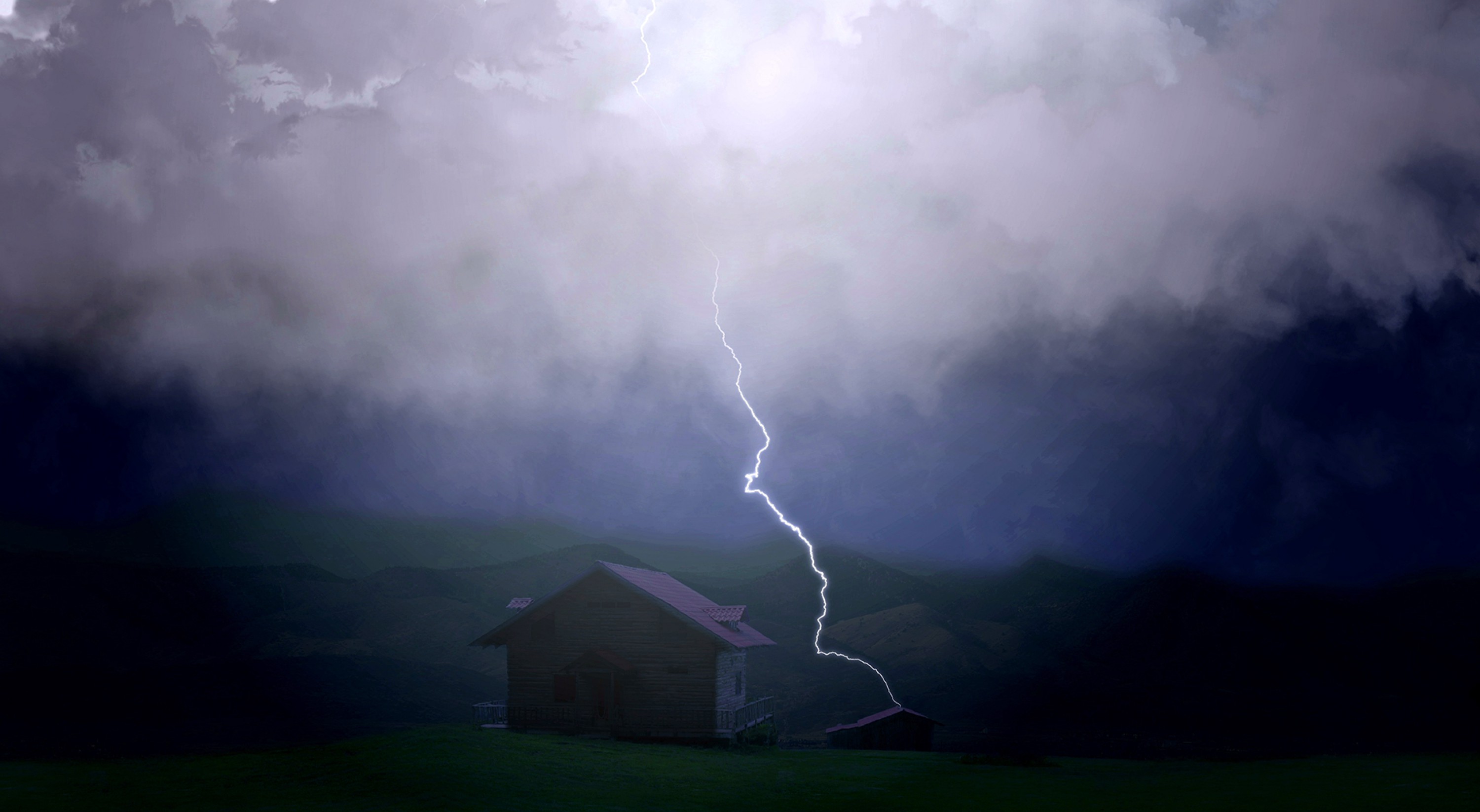Mark Andre Matthias Pintscher
Matthias Pintscher:
mar’eh, for violin and ensemble, Nur, for piano and ensemble (French première)
Mark Andre:
riss 1, 2 and 3, triptych for ensemble (French première)
Diego Tosi, violin
Dimitri Vassilakis, piano
Ensemble Intercontemporain
Matthias Pintscher, conductor
Coproduction: Ensemble Intercontemporain, Philharmonie de Paris, Festival d’Automne à Paris
Spirituality is a key element in the works of both Matthias Pintscher and Mark Andre, and the program here combines references in biblical Hebrew for Pintscher, and the gospels and theology for Mark Andre.
"The Hebrew word “mar’eh,” meaning appearance or what is seen, can conjure up the aura of a face, an extraordinary vision, a sudden apparition." Threads unravel to produce a different dimension of the work, as when citing Luigi Nono, noting on the score “presence – memorie – colori – respire.” The work mar’eh also refers to memory, for the apparition contains the past, as an echo and as breath. The world première of Nur (a work in three movements: 1. lightly, floating, 2. sospeso, sospirando, and 3. erratico, con durezza) was given in Berlin in January 2019, with Daniel Barenboim playing the piano and the composer conducting.
Many recent compositions for orchestra have been presented as the slow explorations of a listener in search of echoes, events or signs. Mark Andre brings a religious meaning to this venture, with the presence/absence of God being inferred. The trilogy named riss (torn apart) was inspired by the works of Margareta Gruber, a theologian he met in Jerusalem and who has studied the presence of Christ, a presence that may emerge from an intense awareness of His absence. Mystical expectations would thus be evidence of the existence of the Son of God, at the very point rent asunder ’twixt Heaven and Earth, between the arms on the cross. As Mark Andre explains, "riss features music before, during and after the disappearance", from which he extracts all the musical action of the composition. The audience needs to grasp "a form which is perpetually forming, reforming and disappearing", venturing almost beyond earshot.
–––––––
Duration: 2h (plus intermission)
